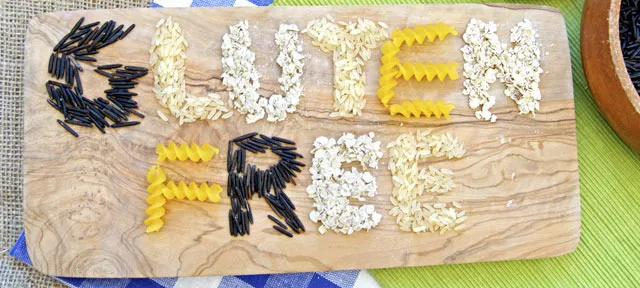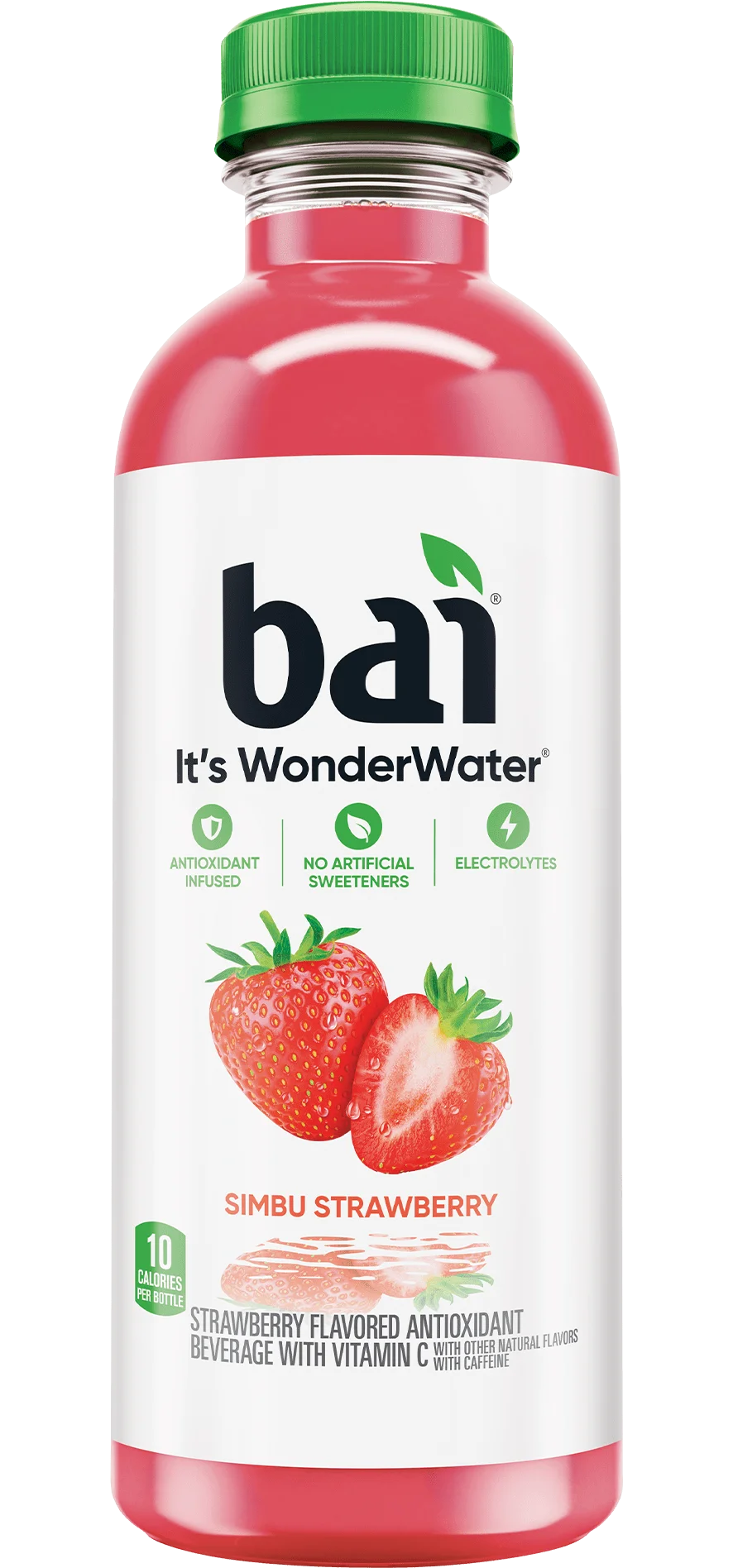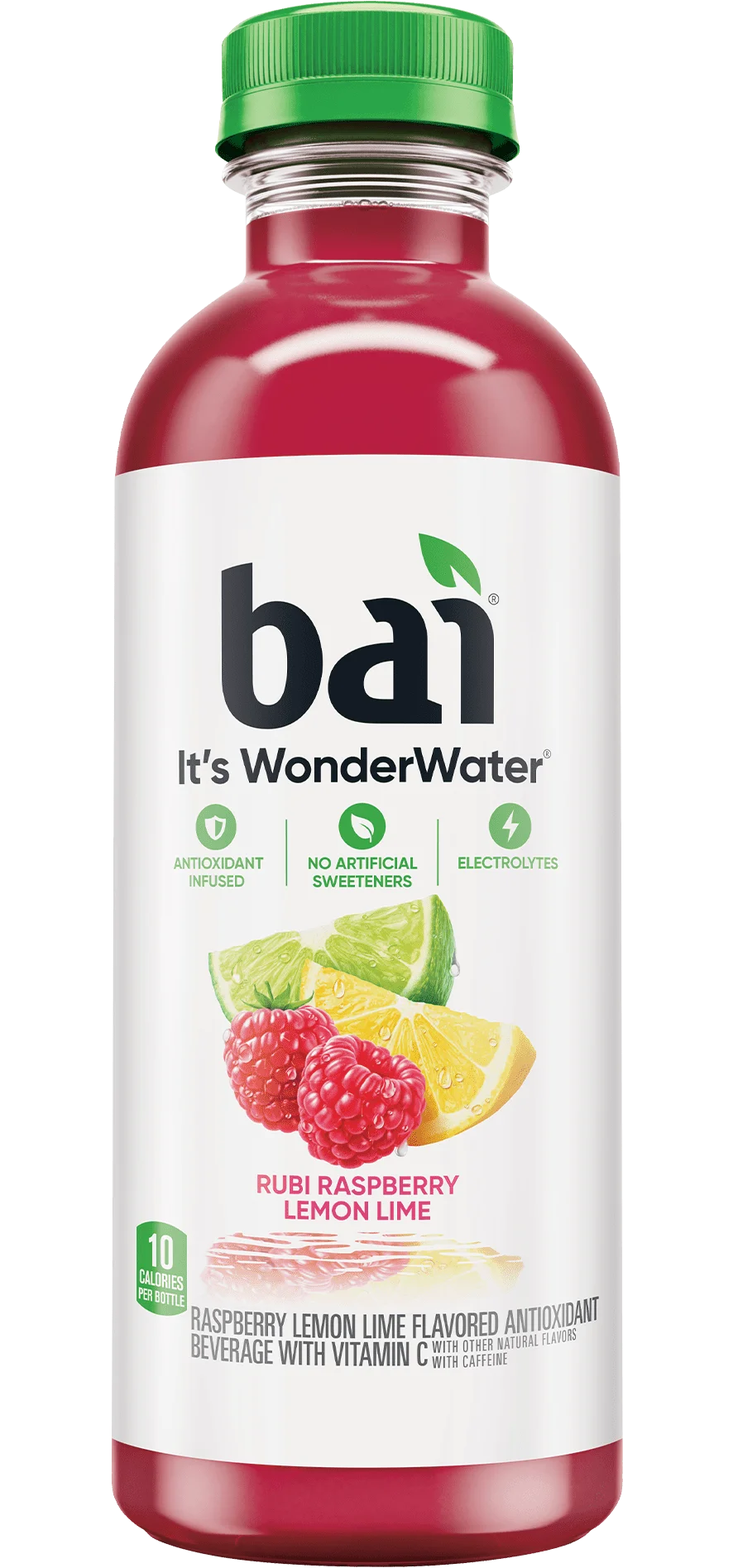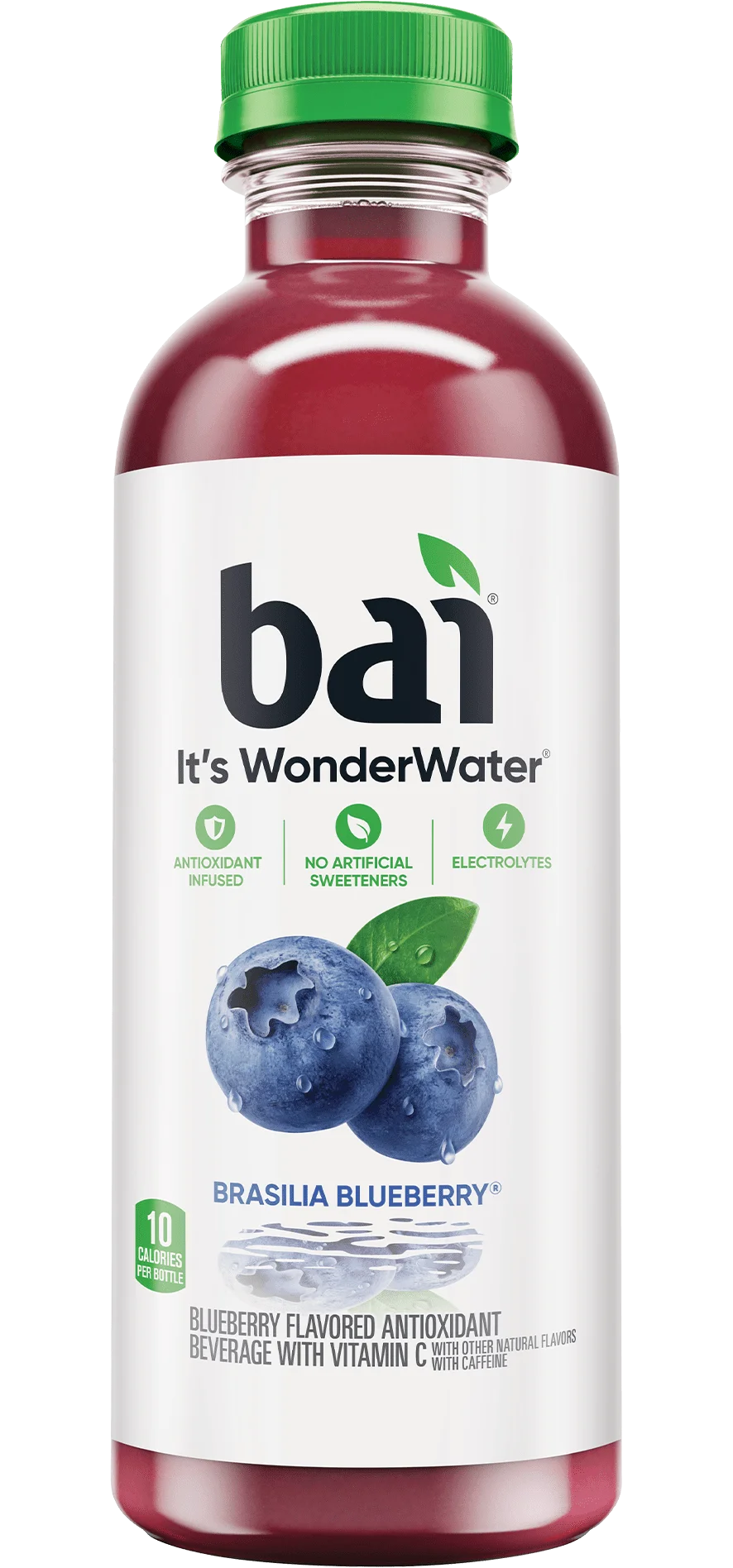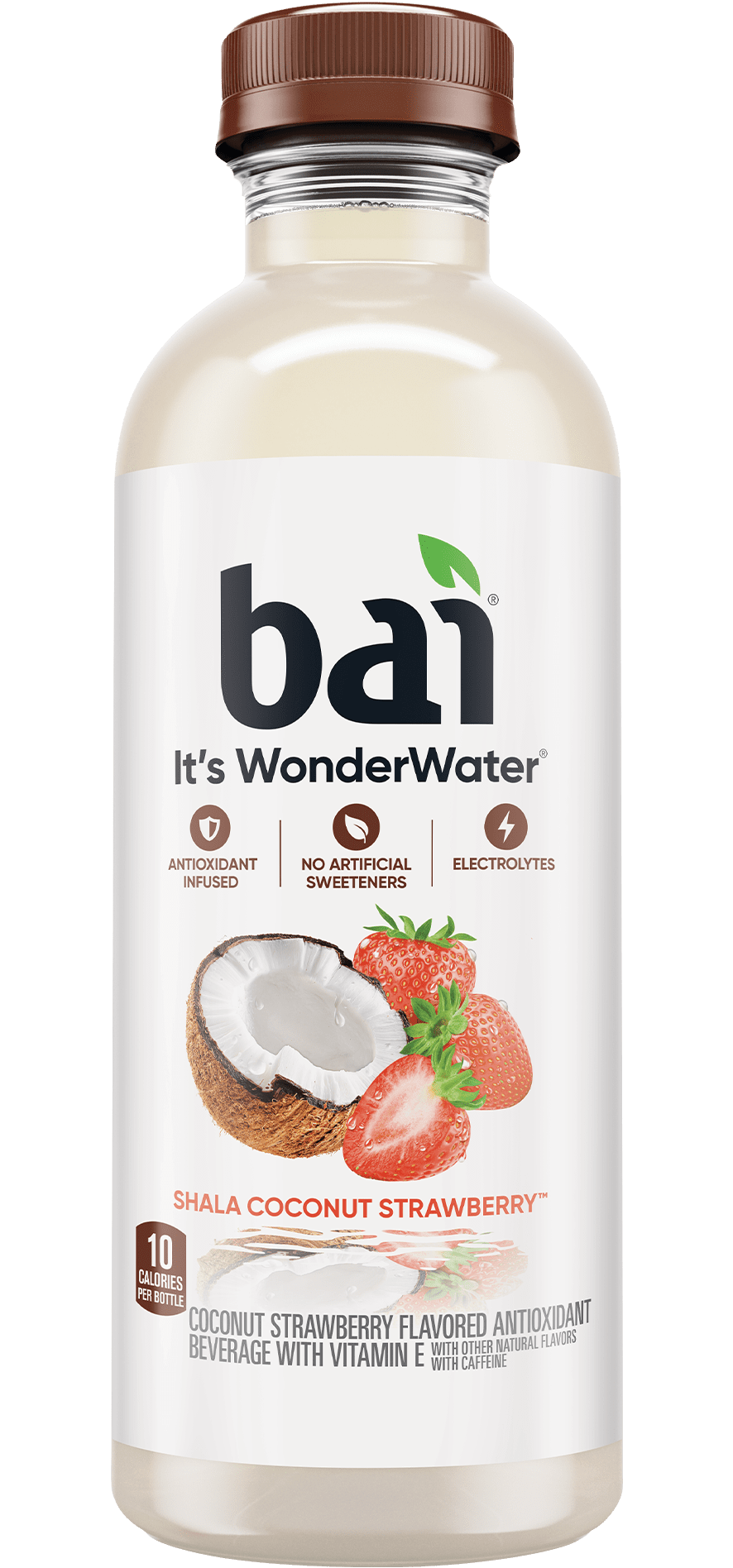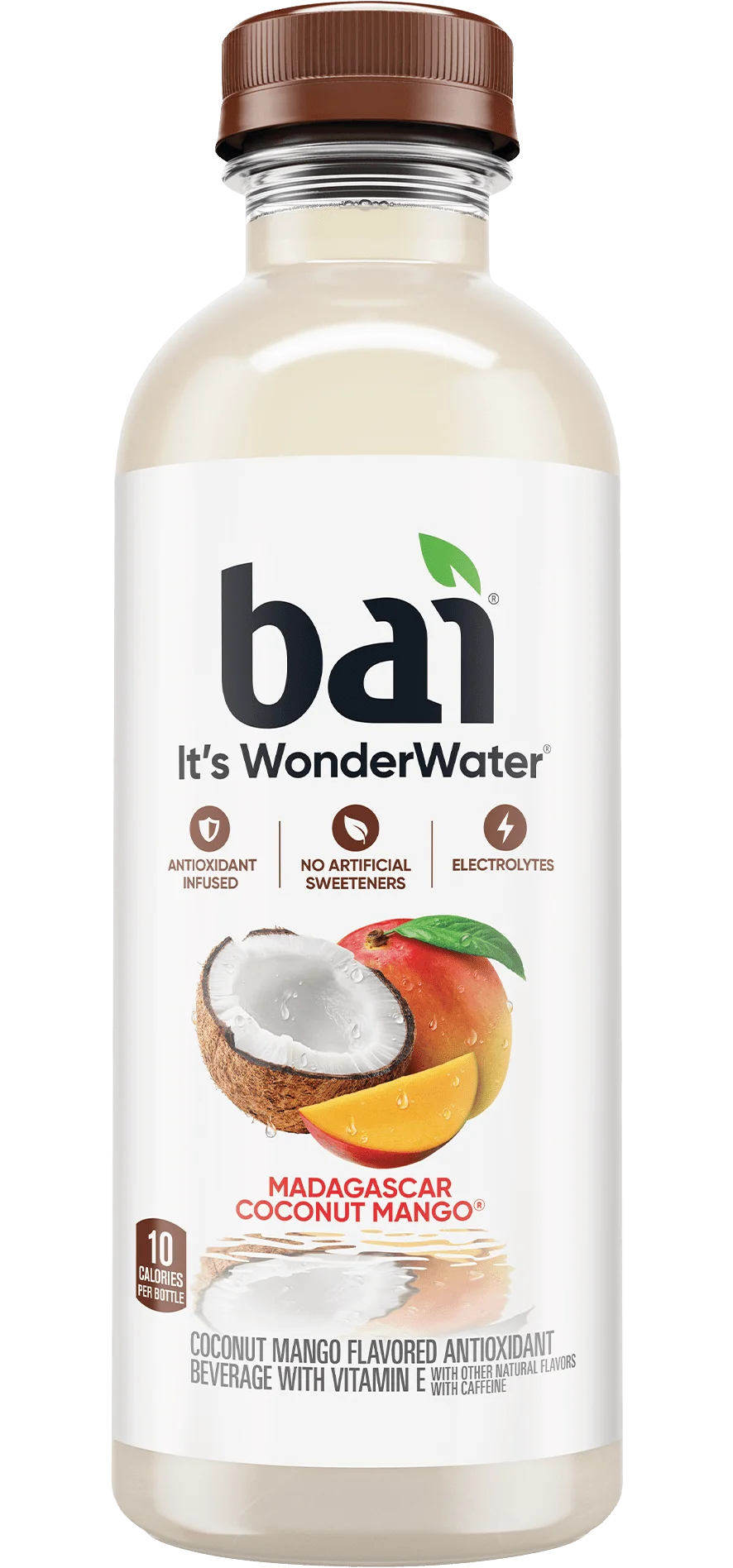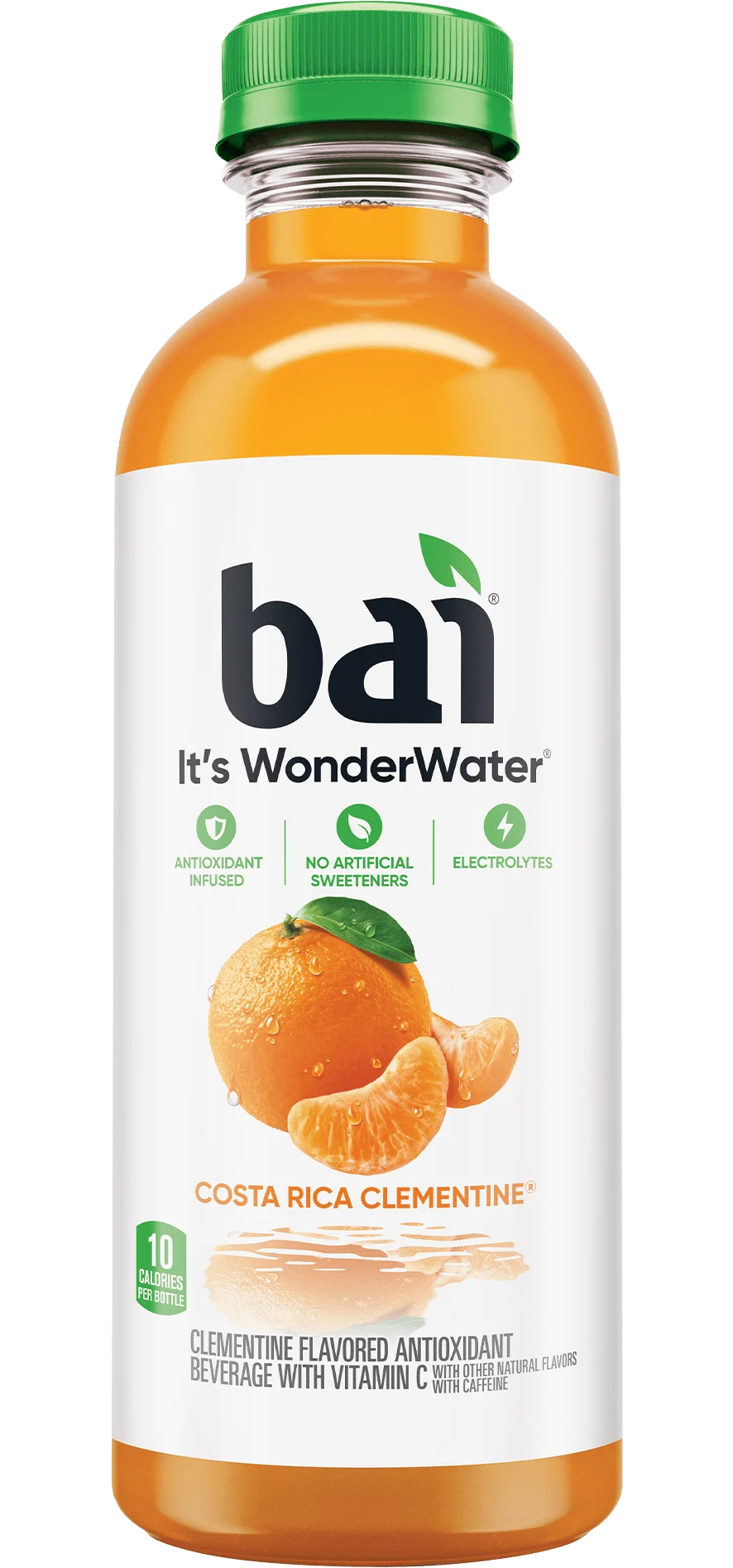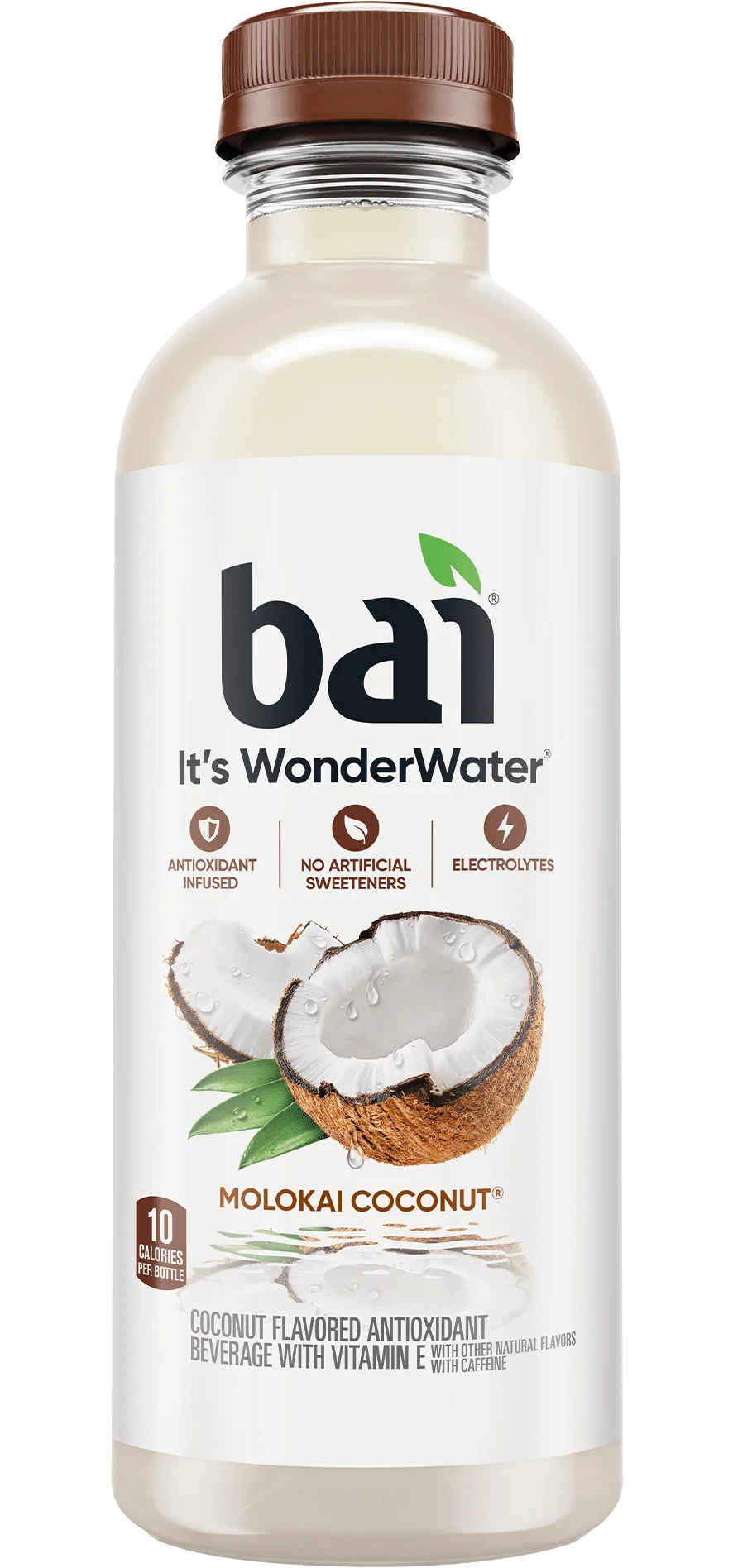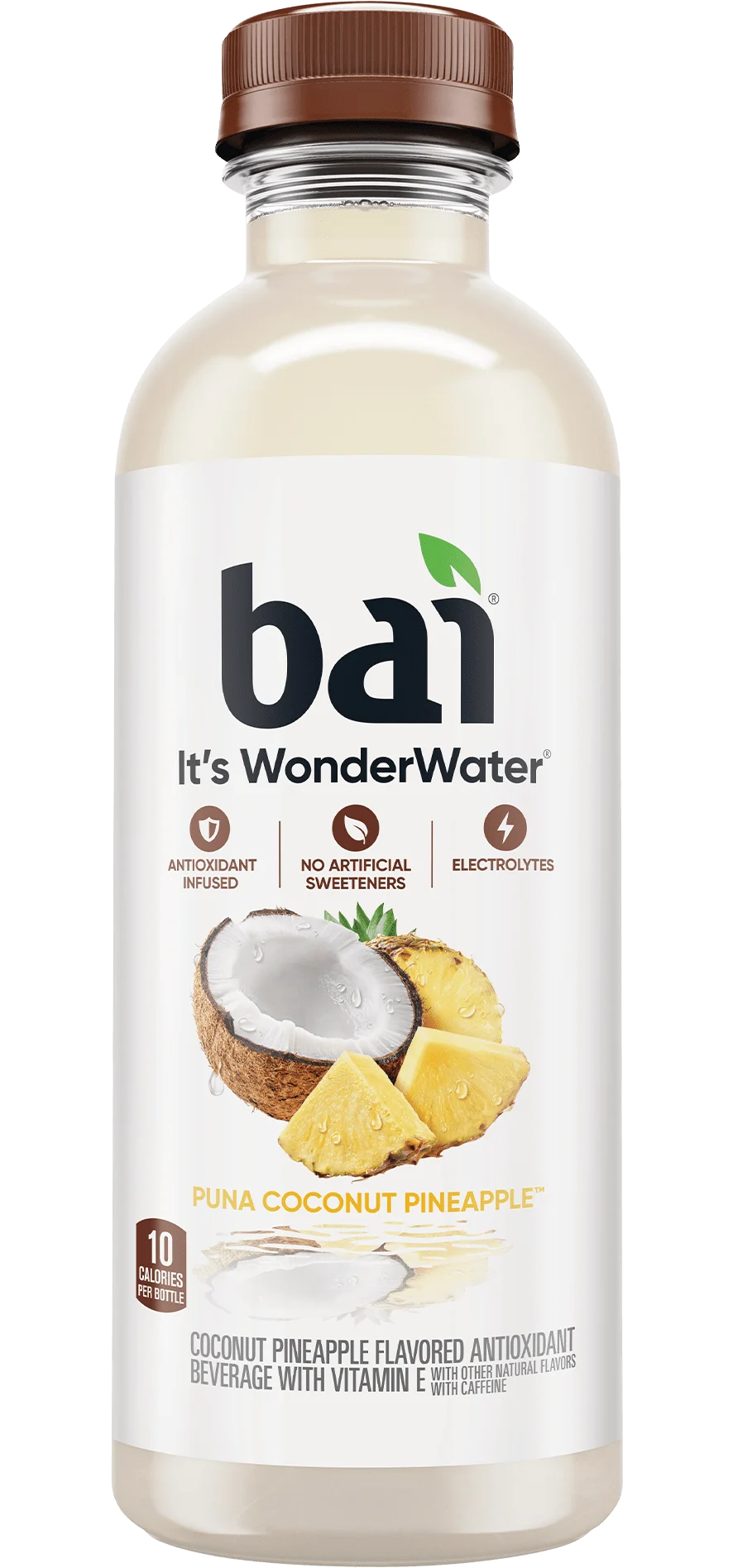While most nutrition savvy people know of the on-going “gluten-free foods” movement, some don’t even know what gluten is exactly. Gluten is a protein that is found naturally in wheat and other grains. Some people, like those with Celiac disease or gluten intolerance, often have to eliminate gluten from their diets altogether. Others might find that minimizing the amount of gluten they ingest can be beneficial in helping them feel good.There are some foods to avoid when trying to cut gluten from your diet and also specific techniques consumers can use to know how to do so.
Both attempting to minimize and eliminate gluten from your diet can be quite difficult. This is because it is in virtually every food category sitting in the aisles of mainstream grocery stores. Gluten is included in foods and even beverages where people might not expect to find it. There are a few things to remember when trying to stay away from gluten in beverages. Reviewing labels can help, but since it is a voluntary claim, it might not be foolproof. Sometimes, drinks with less than 20 parts per million (ppm) of gluten are still labeled as gluten-free drinks because that is the limit set by the FDA for items with packages marked “gluten free.” Even with all of this consider, someone who is extremely sensitive to gluten may still have a reaction. Here are some helpful tips for those looking to choose gluten-free drinks.
Juices
One would guess that juice doesn’t have any gluten considering it’s made from fruits, which aren’t grains. Juices that are made only from real fruit juice are certainly gluten-free drinks. But not all juices are 100% fruit juice. Product packaging should list the percentage of the drink that is fruit juice, drinks that are labeled 100% fruit juice should be safe for those avoiding gluten. Orange juice, though, may bother some people who have sensitivity to gluten.
The drinks that aren’t made solely from fruit are the ones that people with gluten sensitivity need to be careful with. Manufacturers sometimes use a gluten product in processed fruit drinks. For instance, some fruit beverages are sweetened with barley, which contains gluten. Additionally, processed drinks may be made in a factory that produces other products with gluten, which can lead to cross-contamination.
Sodas
You may wonder if it’s safe to drink your favorite carbonated beverages even with gluten intolerance. Two major soda manufacturers claim to make 100% gluten-free drinks. There are other soda companies that produce other products with gluten in the same factories, and so, once again, cross-contamination becomes a factor. This means they may share equipment for the procedure, and this may lead to cross-contamination. Make sure to check the label of each soda.
Alcohol Beverages
Certain alcohols are safe for consumption by people with even an extreme sensitivity to gluten. Beer is not usually one of them. In fact, barley is often one of the main ingredients in beer. Recently, there are beers being brewed in the U.S. claiming to be 100% gluten free, so just because you have gluten tolerance doesn’t mean you cannot enjoy a beer- you just cannot drink most beers.
Wine is usually gluten free. However, sweet dessert wines and wines that have added flavors or coloring may not be completely gluten free.
Most vodkas aren’t gluten-free drinks. You can indulge in your favorite vodka cocktails by choosing vodkas made with corn, potatoes or grapes.
Rum is a great choice for those avoiding gluten. In fact, the only types of rum that might contain gluten are the flavored options.
Tequila is naturally gluten free, as it comes from the agave plant, but this is not a guaranteed factor. Cheaper tequila brands may not be entirely from the agave plant, so they could contain gluten. With gin and whiskey, it depends on whom you ask. Most experts say that distilled alcohol is gluten free through the process of distilling.
Coffee and Tea
Coffee and tea are safe to drink for those with Celiac disease, but, again, flavored coffees and teas may contain gluten.

